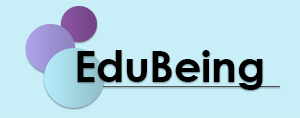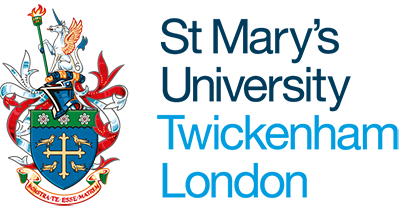- Are social media sites just opportunities for people to become, as Ronson says, “Unpaid shaming interns?” Share your thoughts.
Yes, I believe that social media sites are great opportunities for people to become “unpaid shaming interns,” as Ronson puts it. Social media in general gives us a free pass to tear anyone we please, whether we know them or not. People hide behind their screens. Unlike a real, face to face interaction, people say things without waiting for the reaction of the person they are directed towards. Or, they say things not to get a reaction from the person they are directed to, but to get a reaction from the other people in the comments section. In the age of social media, people will jump on the chance to be famous. So, one way in which people try to have their “five seconds of fame,” is often by saying something rude to someone else, in hopes that the comment will be upvoted or liked a crazy number of times. In this pursuit for fame, the climb to popularity is often at the expense of others. As a result, people (famous or not famous) often have to remove themselves from the toxicity of social media either by deleting their accounts or taking a hiatus from the app. The phrase, “sticks and stones may break my bones, but words will never hurt me,” has almost lost its meaning, as social media has now become a place where people can unknowingly or knowingly say and write things that can hurt people.
- What are some of the benefits of social media in terms of providing opportunities for the democratization of justice?
Social media, for all its bad qualities, does give a voice to the voiceless. While some choose to spread violence by posting hateful comments, other choose to use their social media power for good. On social media, people can raise awareness, raise money, or even more directly, message or make a post calling out a person, politician, organization, or corporation for being in the wrong. Calling people out on social media allows for those who were called out to face actual, possible consequences. Now, the accused isn't always guilty, and one person messaging a corporation won’t create immense change. However, people working together to trend hashtags has the possibility to create change. This collective calling out on social media has created what is now called “cancel culture,” which has created toxicity on social media platforms and has people scared that they too may be called out one day.
- Are there ways of meeting “nice people like us” on social media? Or, is it a place that only offers opportunities for us to mutually approve of each other while demonizing someone else?
Ronson calls twitter a “mutual approval machine.” It is a place where we can and only surround ourselves with people who feel the same way as we do. It is a place where we approve each other. Yes, I do believe it is a place that only offers opportunities for us to mutually approve of each other while demonizing someone else. On Twitter, Facebook, and Instagram, we only see what we choose: we choose who to follow, and that dictates what we see. Our feeds are filled with the posts and reposts of who we followed. Additionally, if we do get ads or sponsored content the algorithm will cater those towards our demographics, which are based on who we follow and what we search for. Let’s say I absolutely love lemons and create an account voicing my love for them. I will also follow other accounts that are similar to mine. They could exclusively be dedicated to lemons, or they could be for a lemonade brand, or even an account that is for lemons and a couple other fruits. One day I’m scrolling through my feed to see that an account I follow is talking about oranges, my least favorite fruit. I immediately go and unfollow them, even though I previously chose to follow them because they also talked about lemons. Social media allows for me to unfollow that account because they like something I do not like, and absolutely do not want to see that on my feed. I can even choose to block the word “orange” from ever showing up on my feed, so posts about the fruit won’t even show up for me, even if I do follow an account that may tweet about the fruit. This isn’t the best analogy, but you can see how this method of actively choosing what you want to see, and even the app itself showing you things you want to see, can shrink your worldview and become harmful. Fruit opinions are harmless, but political opinions can be harmful. Surrounding ourselves with political opinions and views that affirm what we already believe in and demonize others, can have real and dangerous consequences. When views and opinions stem from conspiracy theories, and people surround themselves online with mutual approving people and organizations, that is when social media’s consequences become real and dangerous.


